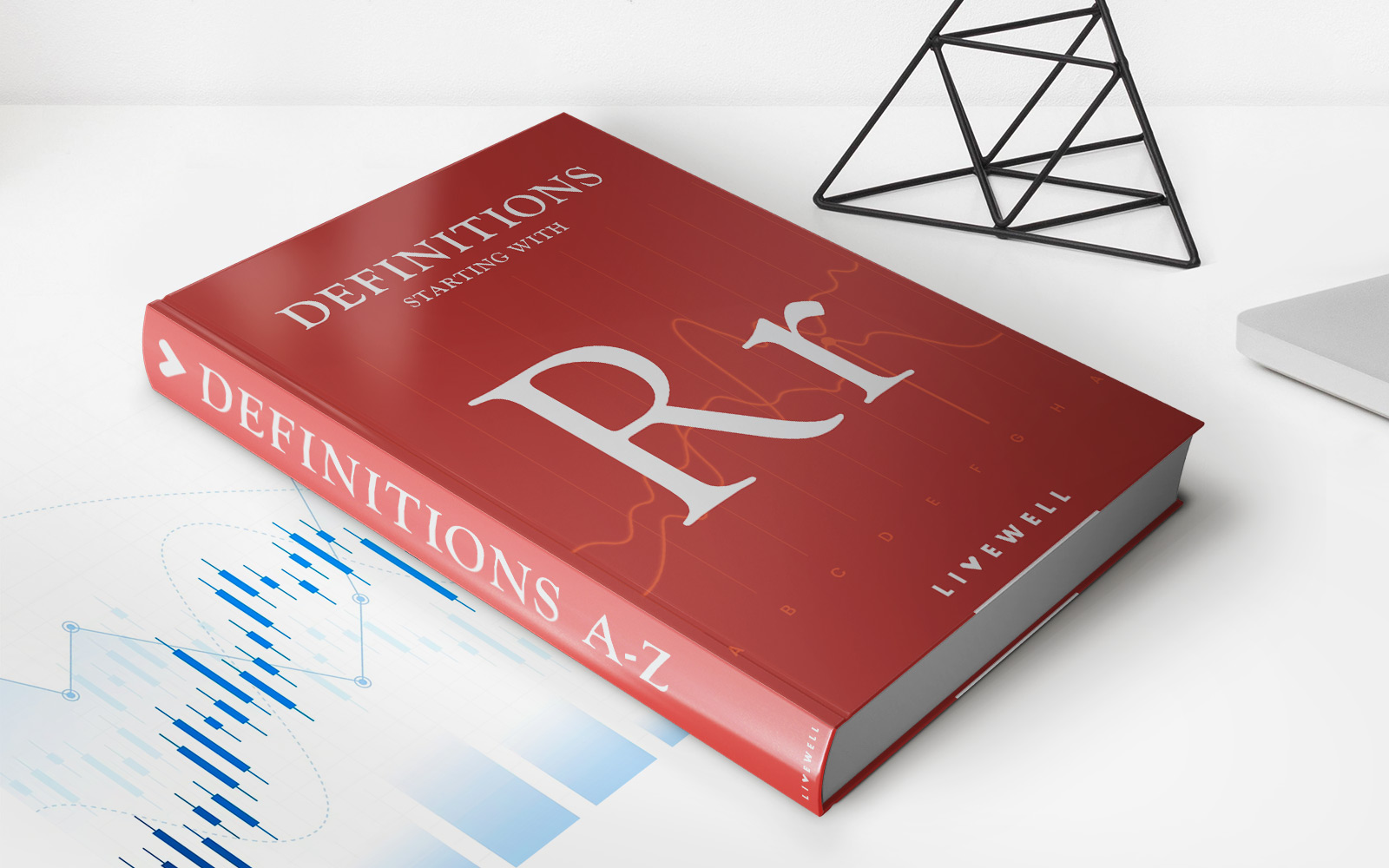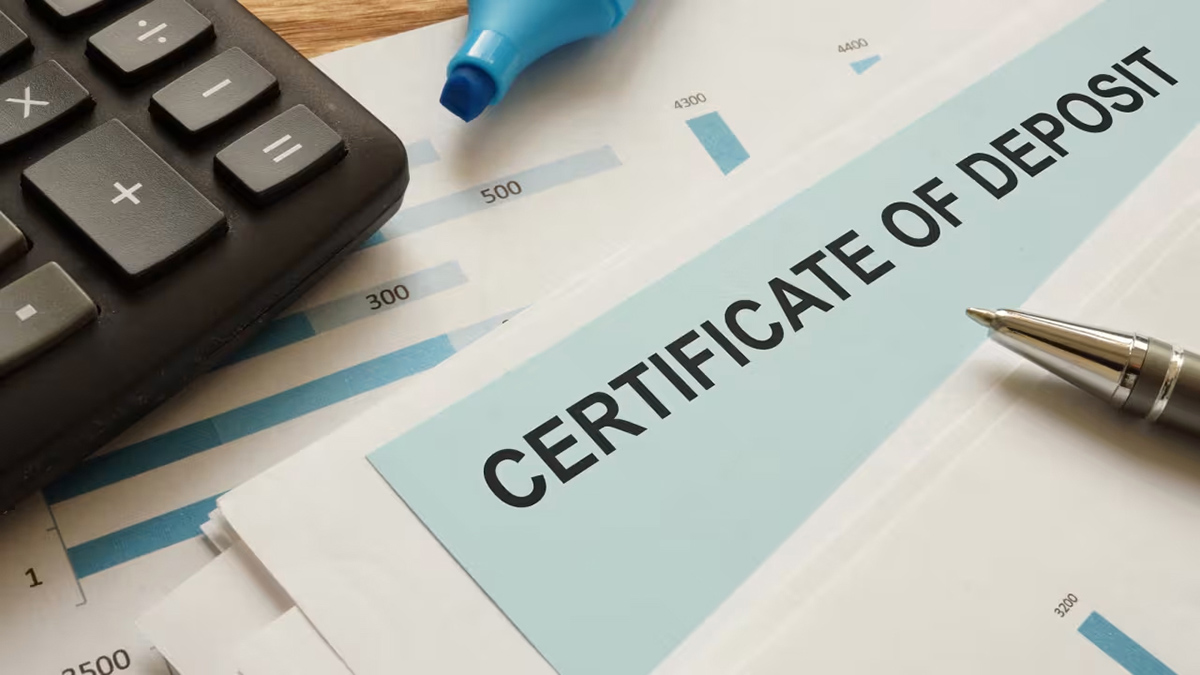

Finance
Safekeeping Certificate Definition
Published: January 23, 2024
Learn the definition of Safekeeping Certificate in finance and how it plays a crucial role in protecting your financial assets.
(Many of the links in this article redirect to a specific reviewed product. Your purchase of these products through affiliate links helps to generate commission for LiveWell, at no extra cost. Learn more)
Safeguarding Your Finances: Understanding Safekeeping Certificates
In the world of finance, it’s crucial to prioritize the security and protection of your assets. Whether you have stocks, bonds, or other valuable documents or instruments, having a reliable system for safekeeping is essential. One commonly utilized method is the use of safekeeping certificates. In this blog post, we will dive into the definition of safekeeping certificates, their significance, and how they can benefit you in safeguarding your investments.
Key Takeaways:
- Safekeeping certificates are documents issued by financial institutions that provide proof of ownership and secure storage for various financial assets.
- They offer peace of mind by protecting your assets from loss, theft, damage, or unauthorized access.
Understanding Safekeeping Certificates
A safekeeping certificate is a legal document that serves as evidence of ownership for financial instruments such as stocks, bonds, or mutual funds. When you purchase securities or other valuables, these certificates are issued by your financial institution to confirm that you are the rightful owner.
Safekeeping certificates also play a crucial role in protecting your assets. They provide a secure storage solution where your financial documents are held in a controlled and monitored environment. This safeguards them from potential loss or damage caused by unforeseen events like natural disasters, accidents, or theft.
Aside from physical protection, safekeeping certificates also protect your assets from unauthorized access. Only authorized individuals can access the stored documents, ensuring that your financial information remains confidential and secure.
The Benefits of Safekeeping Certificates
Now that we understand what safekeeping certificates are and their purpose, let’s explore the benefits they offer:
- Asset Protection: Safekeeping certificates provide an extra layer of security, protecting your assets from loss, theft, or damage.
- Peace of Mind: Knowing that your financial documents are stored in a secured environment gives you peace of mind, allowing you to focus on growing your investments without worrying about their safety.
- Legal Proof of Ownership: Safekeeping certificates serve as a legal proof of ownership, making it easier to transfer or sell your financial assets when needed.
- Confidentiality: By storing your financial documents in a secure facility, you can ensure that your personal and financial information remains confidential and protected.
Safekeeping certificates are an essential component of financial planning. They offer a reliable and efficient solution for safeguarding your assets and preserving their value. By utilizing safekeeping certificates, you can enjoy the peace of mind and confidence that your hard-earned investments are in safe hands.
So, next time you consider investing or already have financial assets, remember the importance of safekeeping certificates. Make sure to discuss this option with your financial advisor or institution and take advantage of the added layer of security they provide.














